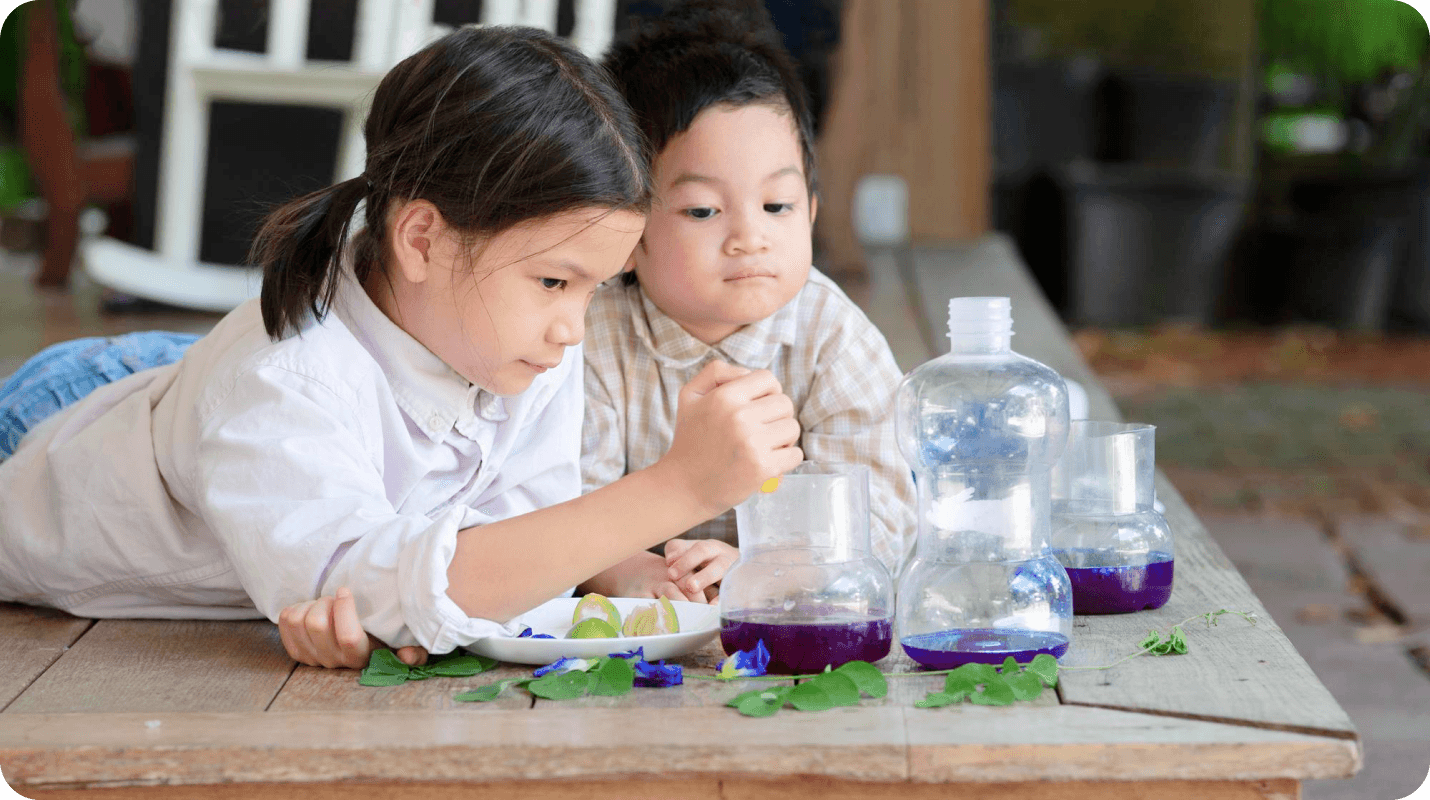From the first smile to the first steps, each milestone in a child's life is a testament to their growth and development. Understanding these stages helps parents and educators support the child's learning and emotional needs effectively. Here’s a breakdown of the key stages in early childhood development:
Infancy (0-2 Years)
During this critical period, infants learn primarily through sensory experiences and interactions with their surroundings. Key developmental milestones include:
Physical: Rolling over, sitting up, crawling, and eventually walking.
Cognitive: Recognizing faces, responding to their names, and exploring objects through touch.
Social/Emotional: Forming strong emotional bonds with caregivers, expressing joy and displeasure.
Toddlerhood (2-3 Years)
Toddlers are explorers by nature. They begin to assert their independence, develop language skills, and exhibit early problem-solving abilities.
Physical: Running, jumping, and fine motor skills like holding a crayon.
Cognitive: Understanding cause and effect, beginning of 'pretend play'.
Social/Emotional: Playing alongside peers, showing affection openly, and beginning to understand sharing.

Preschool (3-5 Years)
Preschoolers are ready to take on the world. At this stage, their curiosity leads them to ask many questions, which helps develop their cognitive abilities.
Physical: Improved coordination and ability to handle complex tasks like cutting with scissors.
Cognitive: Recognizing patterns, starting to count, and understanding time concepts.
Social/Emotional: Developing friendships, learning to compromise, and recognizing feelings in others.
Early School Age (5-6 Years)
As children enter kindergarten, they develop further skills that prepare them for school. They learn to follow routines and understand more complex instructions.
Physical: Writing their names, playing sports.
Cognitive: Reading simple books, understanding mathematical concepts like addition and subtraction.
Social/Emotional: Respecting rules, showing empathy towards friends, developing self-awareness.
From the first smile to the first steps, each milestone in a child's life is a testament to their growth and development. Understanding these stages helps parents and educators support the child's learning and emotional needs effectively. Here’s a breakdown of the key stages in early childhood development:
Infancy (0-2 Years)
During this critical period, infants learn primarily through sensory experiences and interactions with their surroundings. Key developmental milestones include:
Physical: Rolling over, sitting up, crawling, and eventually walking.
Cognitive: Recognizing faces, responding to their names, and exploring objects through touch.
Social/Emotional: Forming strong emotional bonds with caregivers, expressing joy and displeasure.
Toddlerhood (2-3 Years)
Toddlers are explorers by nature. They begin to assert their independence, develop language skills, and exhibit early problem-solving abilities.
Physical: Running, jumping, and fine motor skills like holding a crayon.
Cognitive: Understanding cause and effect, beginning of 'pretend play'.
Social/Emotional: Playing alongside peers, showing affection openly, and beginning to understand sharing.

Preschool (3-5 Years)
Preschoolers are ready to take on the world. At this stage, their curiosity leads them to ask many questions, which helps develop their cognitive abilities.
Physical: Improved coordination and ability to handle complex tasks like cutting with scissors.
Cognitive: Recognizing patterns, starting to count, and understanding time concepts.
Social/Emotional: Developing friendships, learning to compromise, and recognizing feelings in others.
Early School Age (5-6 Years)
As children enter kindergarten, they develop further skills that prepare them for school. They learn to follow routines and understand more complex instructions.
Physical: Writing their names, playing sports.
Cognitive: Reading simple books, understanding mathematical concepts like addition and subtraction.
Social/Emotional: Respecting rules, showing empathy towards friends, developing self-awareness.
Each child's journey through these stages is unique, unfolding at their own pace. Create a foundation that nurtures the whole child emotionally.
Each child's journey through these stages is unique, unfolding at their own pace. Create a foundation that nurtures the whole child emotionally.
Encouraging exploration and providing a loving and supportive aging environment is key to helping them navigate these early years of being educated successfully.
Encouraging exploration and providing a loving and supportive aging environment is key to helping them navigate these early years of being educated successfully.
Share to:
Share to:
Latest Articles


Related articles
Related articles
Ready to give your child
a head start?

Ready to give your child
a head start?

Ready to give your child a head start?

Ready to give your child
a head start?




